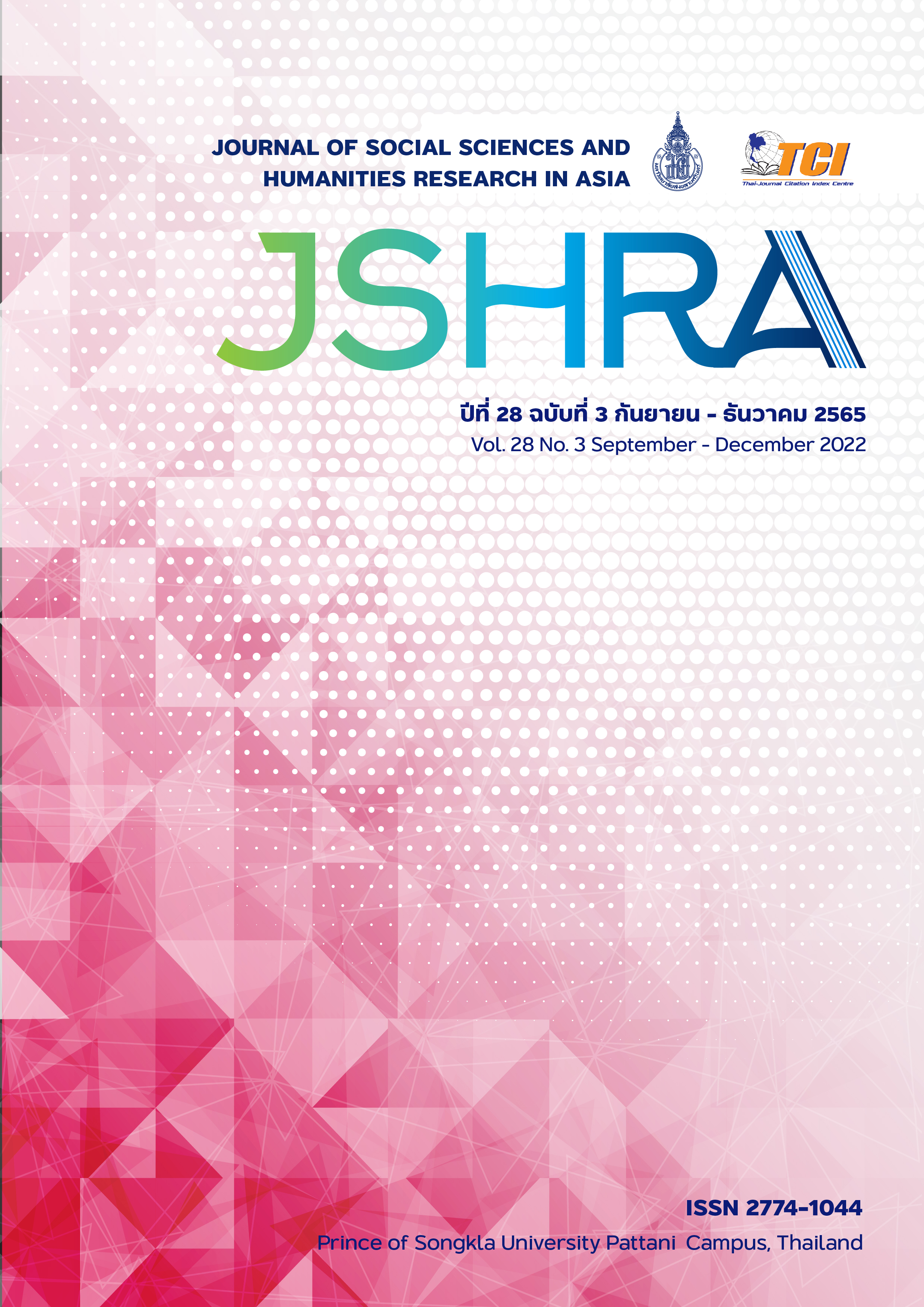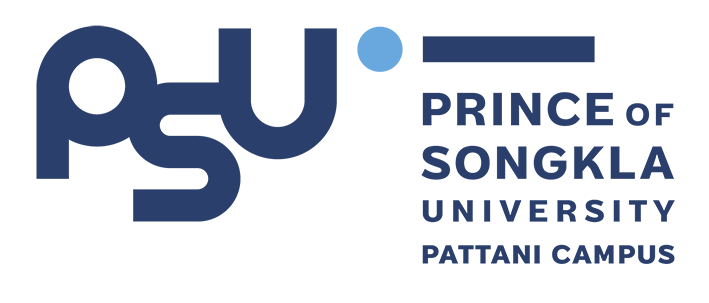Leadership in Culturally Diverse Schools: The Administrative Practices of Canadian System Education Leaders Most Impactful in Student Global Competence Development
Keywords:
Administrative Practices, Diversity, Educational Leadership, Equity, Global Competence, InclusionAbstract
This paper reports on the qualitative portion of a mixed methods study examining the Leadership Quality Standard and administrative practices of thirteen (13) Alberta (Canada) System Education Leaders in two school systems. In both systems classroom cultural homogeneity had been intentionally disrupted through immigration, and the establishment of a robust international student program, and preparing slobally competent students was established as a strategic priority. The semi-structured interviews and document analysis highlighted the importance of globally contextualizing. This paper was conducted online by Zoom to interview the participants and document review. Data analysis using the constant comparative technique. The professional practice of school system leaders in their legislated professional leadership quality standards, and five administrative practice categories emerged as being strongly associated with the implementation of student global competence programming. These categories included a focus on equity, diversity, and inclusion; visionary leadership; pedagogical leadership; globalization of the curriculum; and global connections, relationships, and partnerships. The study findings extend the research base, particularly in the earlier formative years of primary and secondary education. With global competence joining literacy, numeracy, and science as a Programme for International Student Assessment foundational competency the findings are timely, providing a potential road map for those tasked with developing more globally competent students, schools, and school systems.
References
Alberta Education. (2011). Framework for student learning: Competencies for engaged thinkers and ethical citizens with an entrepreneurial spirit. Retrieved February 18, 2021, from https://open.alberta.ca/publications/9780778596479
Alberta Education. (2013). Ministerial order on student learning #001/2013. Retrieved December 4, 2021, from https://education.alberta.ca/media/1626588/ministerial-order-on-studentlearning.pdf
Alberta Education. (2021). International education: Programmes and initiatives that promote global awareness among Alberta’s K-12 students and educators. Retrieved January 8, 2021, from https://www.alberta.ca/international-education.aspx
Alsubaie, M., (2015). Hidden curriculum as one of the current issues of curriculum. Journal of Education and Practice, 6(33), 125-128.
American Council on Education Commission on International Education. (1998). Educating for global competence: America’s passport to the future. Retrieved December 8, 2020, from https://files.eric.ed.gov/fulltext/ED421940.pdf
American Field Services. (2018). Global conference 2018 programme. Retrieved February 2, 2021, from https://conference.afs.org/2018-afs-global-conference/#afs-nav-program
Ananiadou, K., & Claro, M. (2009). 21st century and competencies for new millennium learners in OECD countries (OECD Education Working Papers, No. 41). OECD Publishing.
Asia Society and OECD. (2018). Teaching for global competence in a rapidly changing world. Retrieved February 18, 2021, from https://www.oecd-ilibrary.org/docserver/9789264289024-en.pdf
Astin, A. (1993). What matters in college: Four critical years revisited. San Francisco: Jossey-Bass Australian Curriculum Assessment and Reporting Authority. (2013). General capabilities in the Australian curriculum. Retrieved January 22, 2021, from http://www.acara.edu.au
Biddle, N., & Priest, N. (2019). The importance of reconciliation in education. Centre for Social Research & Methods Research, Australian National University
Bowen, G. (2009). Document analysis as a qualitative research method. Qualitative Research Journal, 9(2), 27-40. https://doi.org/10.3316/QRJ0902027
Brandon, J., Hanna, P., Morrow, R., Rhyason, K., & Schmold, S. (2013). The Alberta framework for school system success. Edmonton, Alberta: CASS.
British Columbia Ministry of Education. (2013). Defining cross-curricular competencies: Transforming curriculum and assessment. Retrieved February 1, 2021, from https://www.bced.gov.bc.ca/irp/docs/def_xcurr_comps.pdf
Cawsey, T. F., Deszca, G., & Ingols, C. (2016). Organizational change: An action-oriented toolkit. Los Angeles: Sage Publications.
Cortes, C. (2021, 25 August). Executive Assistant, Personal Communication. Interview.
Cosmo (pseudonym). (2021, 15 June). System Education Leader. Interview.
Council of Europe. (2016). Competences for democratic culture: Living together as equals in culturally diverse democratic societies. Strasburg, France: Council of Europe Publishing.
CMEC. (2016). CMEC pan-Canadian global competencies descriptions. Retrieved January 4, 2021, from https://www.ontariodirectors.ca/CODE-TLF/docs/tel/PanCanadian_Global_Competencies_Backgrounder_EN.PDF
CMEC. (2019). Global competencies. Retrieved July 10, 2020, from https://www.cmec.ca/682/Global_Competencies.html
CMEC. (2020). Pan-Canadian systems-level framework on global competencies: Literature review. Retrieved July 8, 2021, from https://static1.squarespace.com/static/5af1e87f5cfd79c163407ead/t/5e20d83df52b107943ca57d1/1579210875690/Literature+
review.
Creswell, J., & Plano Clark, V. (2007). Designing and conducting mixed methods research. Thousand Oaks, CA: Sage Publications.
Daly (pseudonym). (2021, 23 June). System Education Leader. Interview.
Dressler, R., & Shultz, R. (2021). Exploring the global competence of teachers and students: The impact of diversity, classroom pedagogies and teacher professional learning. Werklund School of Education, University of Calgary; Centre for Global Citizenship and Research, University of Alberta. Education Act, Statutes of Alberta, 2012, Chapter E-0.3. Edmonton, Alberta: Alberta Queen’s Printer.
Egbo, B. (2009). Teaching for diversity in Canadian schools. Toronto, Ontario: Pearson Education.
Emerson (pseudonym). (2021, 16 June). System Education Leader. Interview.
Fernie (pseudonym). (2021, 17 June). System Education Leader. Interview.
Finnish National Board of Education. (2015). Learning and competence 2025. Helsinki, Finland: Government of Finland.
Fullan, M., & Scott G. (2014). New pedagogies for deep learning whitepaper: Education plus. Seattle, Washington: Collaborative Impact SPC.
Fullan, M., & Quinn, J. (2016). Coherence: The right drivers in action for schools, districts, and systems. Toronto, Ontario: Corwin Press.
Global Competence Associates. (n.d.-a). Assessment. Retrieved November 18, 2021, from https://globallycompetent.com/assessment/
Global Competence Associates. (n.d.-b). Global competence model. Retrieved November 18, 2021, from https://globallycompetent.com/
Government of Alberta. (2018). SLQS. Retrieved February 12, 2022, from https://education. alberta.ca/media/3739619/standardsdoc-sqs-_fa-web-2018-02-02.pdf
Government of Alberta. (2021a). Annual report: Education 2020-2021. Retrieved February 5, 2022, from https://open.alberta.ca/dataset/8b226e68-1227-4aec-87a5-b573f3bfb062/resource/065d7b74-f112-4516-b084-3e99638083aa/download/edc-annual-report-2020-2021.pdf
Government of Alberta. (2021b). CASS Act, Chapter C ‑18.8. Edmonton, Alberta: Alberta Queen’s Printer.
Held, D., McGrew, A., Goldblatt, D., & Perraton, J. (1999). Introduction. In Global transformations: Politics, economics and culture (pp. 1-31). Stanford: Stanford University Press.
Hunter, W. (2004). Knowledge, skills, attitudes, and experiences necessary to become globally competent (Doctoral Dissertation). Lehigh University. Retrieved August 16, 2021, from https://globallycompetent.com/gc-publications/
Jackson, A. (2017). The antidote to extremism. Educational Leadership, 74(4), 18-23.
Kaushik, R., Raisinghani, M., Gibson S., & Assis, N. (2017). The global competence aptitude assessment model: A critical perspective. American Journal of Management, 17(5), 81-86.
Leithwood, K. (2008). Evidence-based characteristics of high performing school districts . Moving and Improving Symposium, CASS.
Lopez, A. (2015). Navigating cultural borders in diverse contexts: Building capacity through culturally responsive leadership and critical praxis. Multicultural Education Review. 7(3), 171-184. https://doi.org/10.1080/2005615X.2015.1072080
Mansilla, V., & Jackson, A. (2011). Educating for global competency: Preparing our youth to engage the world. New York: Asia Society.
Marzano, R., & Waters, T. (2009). District leadership that works: Striking the right balance. Bloomington, Indiana: Solution Tree Press.
Morozova, A. (2016). Global competency: A guide to global and cultural training for students, teachers, leaders, business, and world explorers. Oxford, England: Hilliard Press.
Naffziger, D., Montagno, R., & Montag-Smit, T. (2015). Global competence and 2014’s college of business student. Journal of Higher Education Theory and Practice, 15(3), 51–64.
Nolan (pseudonym). (2021, 21 June). System Education Leader. Interview.
New Zealand Council for Educational Research. (2018). Educational leadership capability framework. Wellington, New Zealand. Retrieved January 9, 2022, from www.educationcouncil.org.nz
O’Connor, K., & Zeichner, K. (2011). Preparing U.S. teachers for critical global education. Globalisation, Societies and Education, 9(3-4), 521-536.
OECD. (2018). Preparing our youth for an inclusive sustainable world: The OECD global competence framework. OECD Publishing. Retrieved February 5, 2022, from https://www.oecd.org/education/Global-competency-for-an-inclusive-world.pdf
Ontario Institute for Education Leadership. (2013). The Ontario leadership framework. Retrieved January 30, 2022, from https://www.education-leadership-ontario.ca/application/files/8814/9452/4183/Ontario_Leadership_Framework_OLF.pdf
Ontario Ministry of Education. (2014). Achieving excellence: A renewed vision for education in Ontario. Toronto, Ontario: Queen’s Printer for Ontario.
Ontario Ministry of Education. (2016). 21st century competencies. Retrieved December 14, 2021, from http://www.edugains.ca/resources21CL/About21stCentury/21CL_21stCentury
PSS. (2021a). About us: Plans and reports. [Retrieval link not included to protect confidentiality of the jurisdiction].
PSS. (2021b). Powerful learning framework. [Retrieval link not included to protect confidentiality of the jurisdiction].
Raymond (pseudonym). (2021, 21 June). System Education Leader. Interview.
Reimers, F. (2010). Educating for global competency. In J.E. Cohen & M.B. Malin (Eds.), International perspectives on the goals of universal basic and secondary education (pp. 183–202). Oxfordshire, England: Routledge Press.
Rincon-Gallardo, S. (2019). Liberating learning: Educational change as a social movement. Abington, Oxon: Routledge.
Sälzer, C., & Roczen, N. (2018). Assessing global competence in PISA 2018: Challenges and approaches to capturing a complex construct. International Journal of Development
Education and Global Learning, 10(1), 5–20. https://doi.org/10.18546/IJDEGL.10.1.02
Singapore Ministry of Education. (2010). Framework for 21st century competencies and student outcomes. Retrieved January 23, 2022, from http://www.moe.gov.sg/education/21cc/
Small Metro School Jurisdiction. (2017). 2017-27 strategic plan. [Retrieval link not included to protect confidentiality of the jurisdiction].
Small Metro School Jurisdiction. (2018). Teaching and learning framework (DITLF). [Retrieval link not included to protect confidentiality of the jurisdiction].
Small Metro School Jurisdiction. (2021). Character and Leadership. [Retrieval link not included to protect confidentiality of the jurisdiction].
Stella (pseudonym). (2021, 17 June). System Education Leader. Interview.
Stettler (pseudonym). (2021, 22 June). System Education Leader. Interview.
Symonds, J. (2019). Global competency and international context at Aspiring Public Charter School (Doctoral Dissertation). Western University. Retrieved January 8, 2022 from http://ir.lib.uwo.ca/oip/102
Tampa (pseudonym). (2021, 18 June). Chief Financial Officer. Interview.
Tichnor-Wagner, A., & Mainse, J. (2019). Globally competent educational leadership: A framework for leading schools in a diverse, interconnected world. Alexandria, Virginia: Association for Supervision and Curriculum Development and Longview Foundation.
Trimble,J., & Chin, J. (2019). Editorial: Exploring culturally diverse leadership styles: A mindset and multicultural journey. Social Behaviour Research and Practice Open Journal, 4(1), e1-e2. http://doi.org/10.17140/SPOJ-4-e005
UNESCO. (2016). Schools in action: Global citizens for sustainable development a guide for teachers. UNESCO. Retrieved November 5, 2021, from https://unesdoc.unesco.org/ark:/48223/pf0000246888
Universum Global. (2019). Canada’s most attractive employers 2019. Retrieved January 9, 2022, from https://universumglobal.com/canadas-most-attractive-employers-2019/
Vancouver (pseudonym). (2021, 16 June). System Education Leader. Interview.
Wesley (pseudonym). (2021, 18 June). System Education Leader. Interview.










